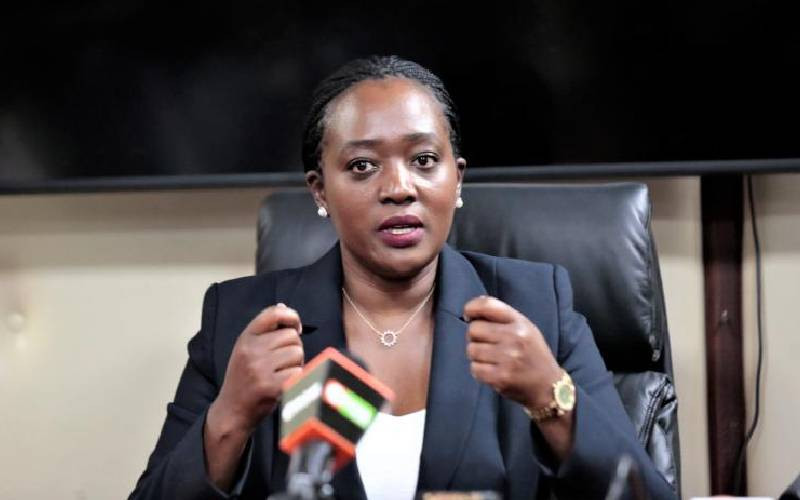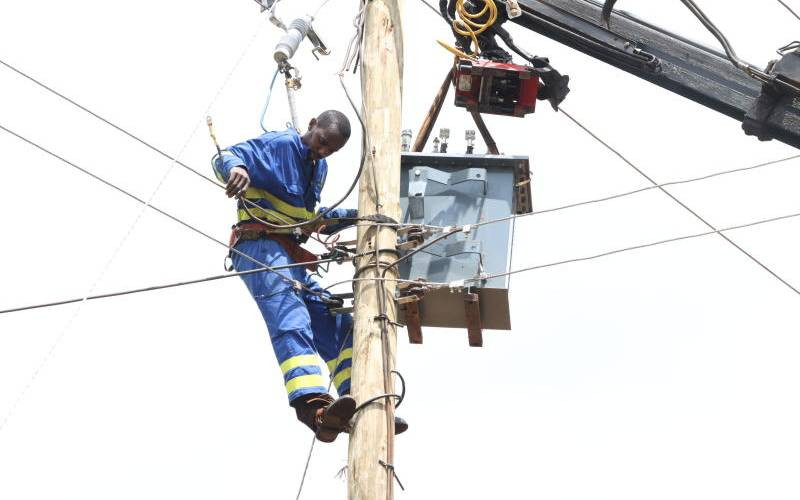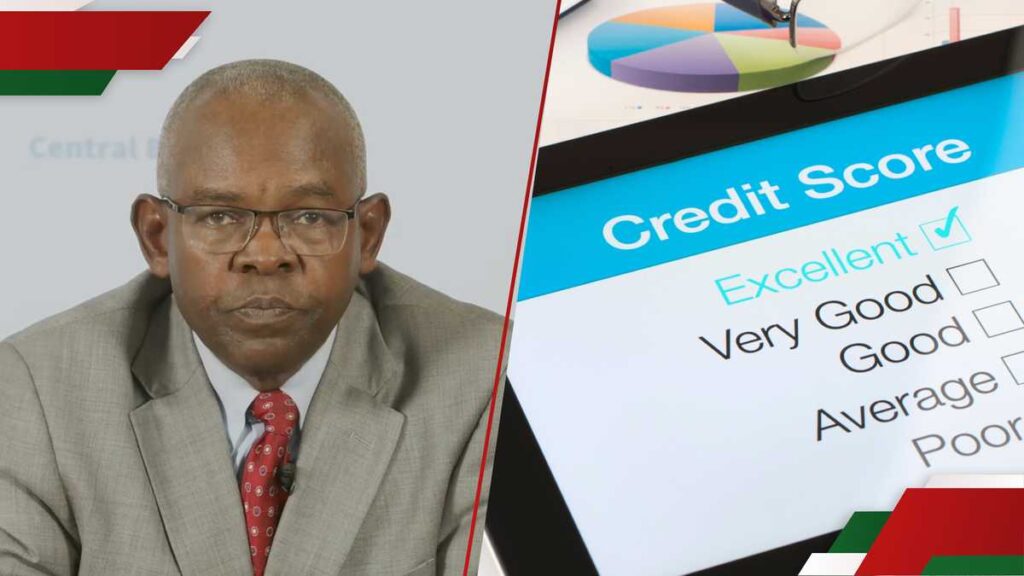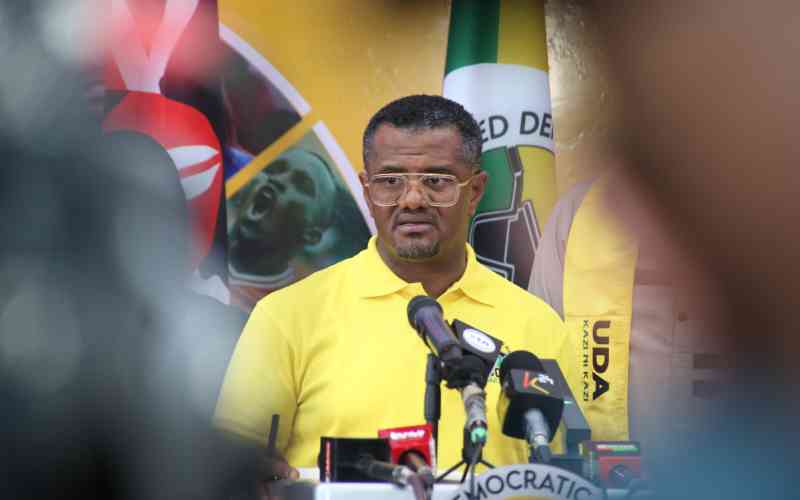The Auditor General has unearthed irregular payments, inflated costs and unexplained expenses at Kenya Power amounting to Sh49.2 billion.
The questionable dealings include inflated cost of procuring low-sulphur diesel and power from Independent Power Producers (IPPs) compared to KenGen, and unexplained loans and grants from the World Bank.
Others are the undervaluation of land and irregular payment to 39 staff who have worked in acting capacities in various positions for over four years.
The audit report for 2023-2024 reveals that the company bought low-sulphur diesel for off-grid stations at a contracted price of Sh3.9 billion for 31,020,000 litres annually, totaling 62,040,000 litres for two years.
“The bidders quoted prices higher than budgeted estimates, with most quoting Sh14,379,262,976 or 205 per cent above the budget for two years,” says Auditor General Nancy Gathungu.
The report notes that KPLC’s valuation committee, in a report dated November 22, 2023, recommended awarding the bidders who quoted Sh14.4 billion, subject to an annual budget of Sh3.9 billion.
“This is contrary to section 53(8) of the Public Procurement and Asset Disposal Act 2015, which provides that the accounting officer shall not commence any procurement proceedings until satisfied that sufficient funds to meet the obligations of the resulting contract are reflected in its approved budget estimates,” states the audit.
The company also incurred an expenditure of Sh981.8 million in interest on late payment of invoices, resulting in an increase in costs of sales and negatively affecting its cash flow and profitability.
On the cost of power purchase, the auditor general established that KPLC paid Sh150.6 billion for a total of 13,684 gigawatt-hour (GWh) units of electricity purchased.
However, an analysis of the units of electricity against the cost of purchase revealed disparities between the power purchased from KenGen and IPPs.
“Analysis of power purchase revealed that KenGen supplied a total of 5,048 GWh in thermal, geothermal and wind-generated energy, equivalent to 59 per cent of total power purchased.
“The IPPs supplied the remaining 3,483 GWh, or 41 per cent, from similar sources. However, KenGen was paid Sh49,369,297,000 or 40 per cent, compared to IPPs’ Sh73,723,453,000,or 60 per cent of the total purchase cost,” she said.
Gathungu also questioned KPLC’s failure to prepare a financial statement for the over Sh16 billion it had received as credit and loans from the World Bank as of June 30, 2024, for auditing.
The funds are for the Kenya Electricity Modernisation Programme, for which the bank has committed a credit finance of Sh90 billion.
At the same time, the audit warned that the company was at risk of losing rental income from its properties, including Sh148 million on 3-acre land in Nairobi. The property, according to the audit, was devalued in a second valuation by the company’s staff instead of independent valuers.
Stay informed. Subscribe to our newsletter

























